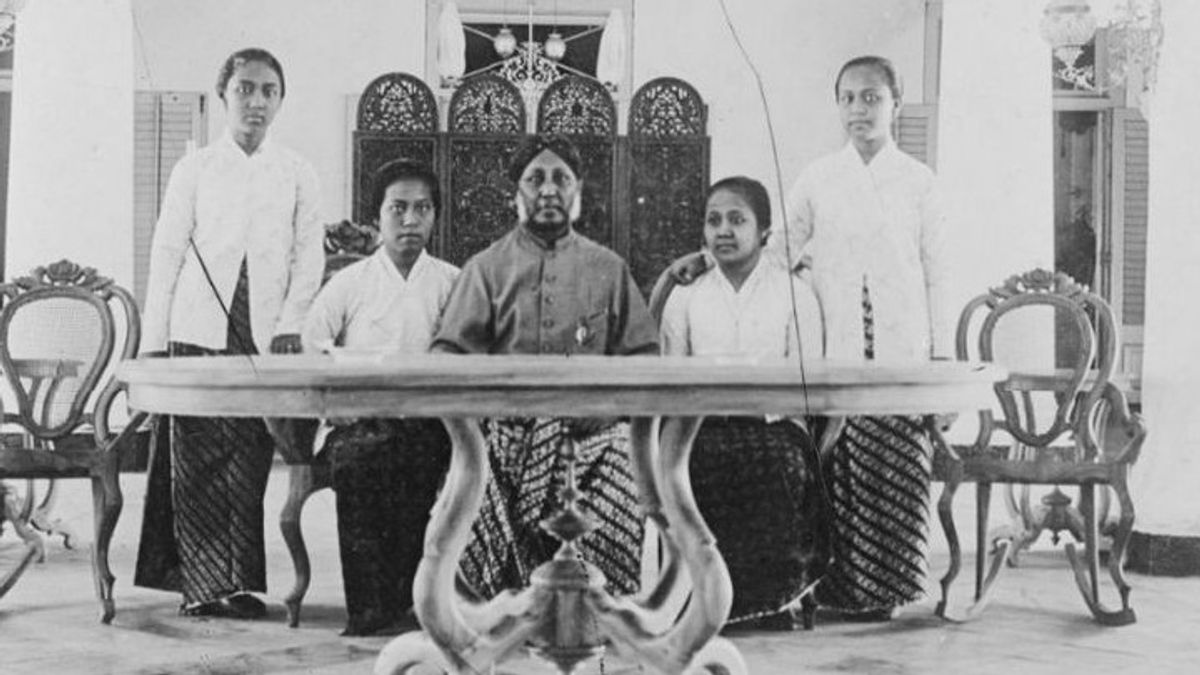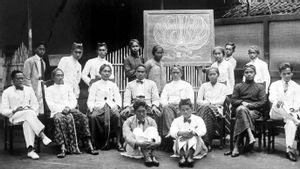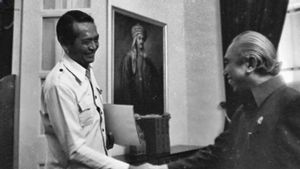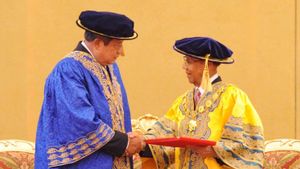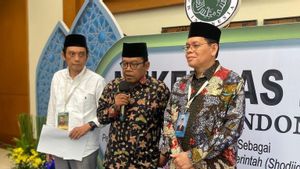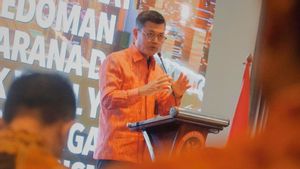JAKARTA History today, 120 years ago, July 5, 1903, the pioneer of the emancipation of Bumiputra woman, Raden Ajeng (RA) Kartini wrote a letter to her friend in the Netherlands, Mien Bosch. He said that the natives were not stupid as the Dutch saw.
The bumiputras are considered capable of absorbing the development of western education. Previously, access to education for the natives was closed tightly by the Dutch colonialists. The power owner did not want the natives to be smart. Thejian made it easy for the Dutch to colonize the archipelago.
Not all Dutch saw colonialism of the bumiputras as something that was echoed. Some of them saw colonialism as a very heinous effort. Moreover, the fate of the natives continued to be blackmailed like dairy cows.
The colonial government is considered to have no plans to humanize the natives. This fact was present throughout the Paksa Plant era (1830-1877). Politicians in the Netherlands were furious. They said the government had brought misery to the archipelago.
The government is asked to perpetuate moral responsibility for the fate of the natives under colonialism. The narrative brought brilliant results. The Dutch government agreed to perpetuate the Ethics Politics in the Dutch East Indies in 1901.
The policy brought the wind of change in three aspects. Emigration, irrigation, and education. Education access matters for the bumiputra people are starting to be looked at. The power of attorney has begun to plan to open wide access to education for the natives.
In fact, previously the invaders deliberately allowed the bumiputras not to be intelligent. The presence of Etis Politics was also welcomed positively. Many of the priyayi children access education. Even though not a few are still unable to access western-style education.
One of the most influential policies of Political Ethics in changing the lives of the Dutch East Indies in the early 20th century was the widespread access to education for the people of Bumiputra. The opportunity for the natives to receive education is expanded with the hope that there will be a change in the standard of life among the people of the Dutch East Indies.
The eradication of illiteracy and poverty alleviation is the main goal that the political ministry of Ethics wants to achieve. Ethicals believe that the expansion of education and prosperity among Bumiputra is very important, because with better standard of living and knowledge of good Western civilization too, the indigenous people will not only improve their welfare, but will also be able to appreciate everything created by the Dutch, "explained Alan Akbar in the book Spying on the Movement: The Dutch East Indies Political Intelligence Service 1916-1934(2013).
The presence of access to education for the natives is in fact still criticized by the rulers of the Dutch East Indies. They considered the natives too stupid to accept the development of western-style education.
This assumption was later broken by Kartini. The Bumiputra woman's emancipation figure said that Etis Politics had widened access to education for the bumiputras. He even refused to be stupid imaged by the colonial government. Kartini proved that the natives, women, could absorb the development of western education well.
Kartini expressed this opinion through a letter to her friend who controlled French literature, Mien Bosch in the Netherlands, on July 5, 1903. The letter later became an affirmation that education was able to create progressive young Bumiputra figures.
In a long letter and it seems too emotional, to a Dutch female teacher named Mien Bosch on July 5, 1903, for example, Kartini wrote: I want you to know the soul of our people who are innocent and naive (naif kind-volk) and learn to love her. He emphasized that young students, who attended small schools he founded in Jepara for the girls of regents, prosecutors, and wedono in his environment.
A neighborhood near the northern coast of Java, provides strong evidence of the fact that the bumiputras can receive the development of education. He pleased Dutch friends and fellow educators with an encouraging story about his beautiful task of guiding those who are young and clean, and forming young figures: students are fast, willing to accept, smart, and at the same time so obedient," said Frances Gouda in the bookDutch Cultures Overseas: Colonial Practice in the Dutch East Indies 1900-1942 (2007).
SEE ALSO:
The English, Chinese, Japanese, Arabic, and French versions are automatically generated by the AI. So there may still be inaccuracies in translating, please always see Indonesian as our main language. (system supported by DigitalSiber.id)
